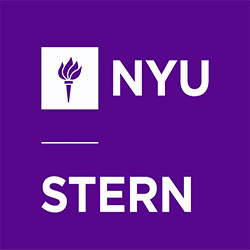Moving to New York City for the first time is not easy, it is a whole adventure. It is even harder when the decision of coming to the city has been made quickly. Through this brief post, I want to give some advice on how to do it, so the experience can be smooth and efficient.
There are three things that you should consider before moving: budget, area and building requirements.
The first thing that must be decided is the budget. Once you have a clear range defined, you can look which areas of the city have places in which you are comfortable with the prices. To do this, use apps like StreetEasy and Naked Apartments. Both apps will show you basic information about each building and prices. Beyond this, I recommend looking for ratings of the buildings for previous experiences, which is a good way to know if the buildings are in good shape or if the landlords & property managers behave in a professional manner when faced with difficult situations. This will save you many problems.
Most upcoming Stern students try to look at areas close to the NYU, often in West Village or East Village. Nevertheless, the school has a bus that can take you all around the city, so it is good to map out your location against that route and the subways.
After knowing budget and area, it is important to analyze building requirements. There are buildings that ask for proof of income for one year, or a guarantor. These requirements could be difficult to meet as you are going to be studying for at least a year, and even harder if you are an international student. Therefore, it will be more efficient to know which buildings can adjust to your situation.
This city moves very fast, so if you see an available apartment one day, it could be gone as quickly as the next day. I recommend you have four or five buildings/ units in mind. I also recommend visiting the city for four or five days and conducting apartment visits. Once you see any apartment that you like, ask for an application and move forward (if possible, on the spot). You don’t want to lose your chance!
With this approach you will have an apartment in your budget, in an area that you like, avoiding stress in the process. It is a whirlwind of an experience, but it’s all worth it to live in such an amazing city!
